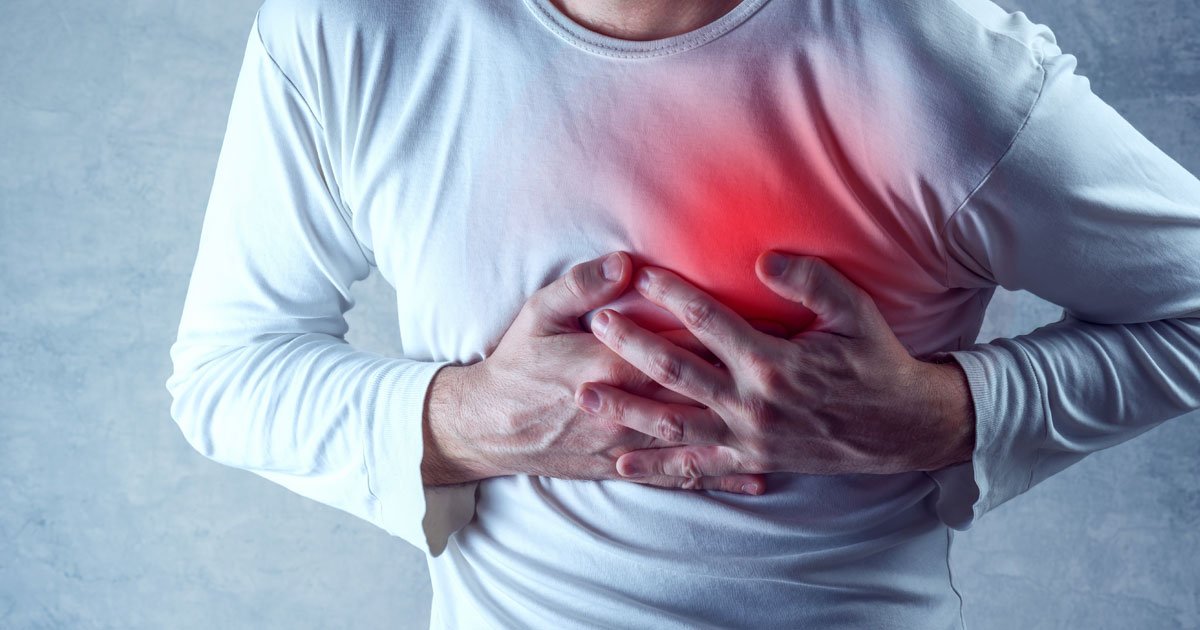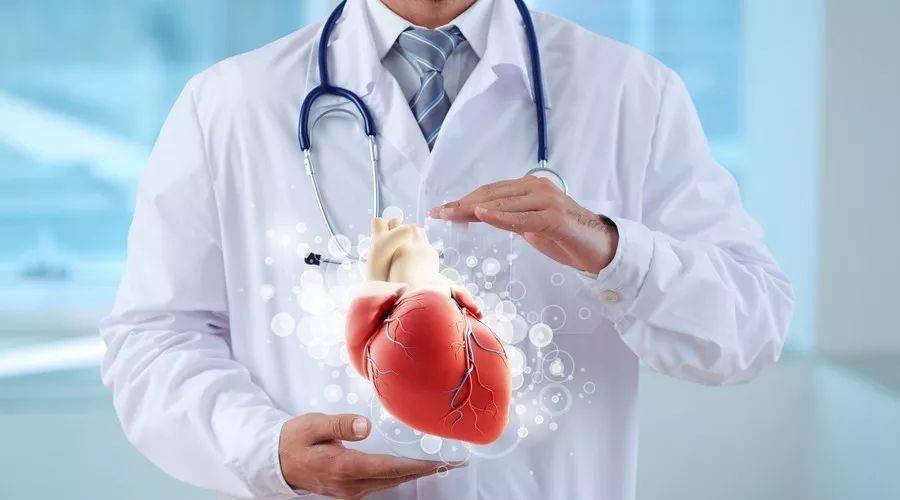Heart diseases is a formidable health challenge, often developing silently over time. Recognizing the early symptoms of heart disease and adopting proactive prevention strategies are essential for protecting cardiovascular well-being.
Early Symptoms of Heart Diseases: Recognizing the Subtle Clues

Heart disease frequently presents with subtle yet significant early symptoms. Being aware of these precursors of heart disease can enable early detection and intervention. Common early symptoms include:
- Chest Pain (Angina): This is a hallmark symptom, often described as a discomfort rather than sharp pain. It can feel like pressure, squeezing, fullness, or burning in the chest. What causes chest pain in this context? It’s typically due to reduced blood flow to the heart muscle (ischemia), often caused by narrowed coronary arteries due to plaque buildup. The pain may radiate to the left arm, shoulder, neck, jaw, back, or even the teeth.
- Shortness of Breath (Dyspnea): Feeling breathless, even with minimal exertion or at rest, can be a warning sign of heart problems. This can occur because the heart isn’t pumping blood efficiently enough to supply the body with oxygen.
- Heart Palpitations: These are sensations of a racing, fluttering, or skipped heartbeat. While occasional palpitations are usually harmless, frequent or prolonged episodes warrant medical attention.
- Unusual Fatigue: Feeling unusually tired or weak, even after adequate rest, can be an early indicator of heart disease, especially in women.
- Other Symptoms: These may include dizziness, lightheadedness, nausea, vomiting, sweating, and indigestion.
Prevention of Heart Diseases: A Multifaceted Approach

Preventing heart disease involves a combination of lifestyle modifications and proactive health management:
- Healthy Diet: A heart-healthy diet rich in fruits, vegetables, whole grains, lean proteins, and healthy fats (like those found in avocados and nuts) is crucial. Limit saturated and trans fats, cholesterol, sodium, and added sugars.
- Regular Physical Activity: Engaging in regular exercise strengthens the heart muscle and improves cardiovascular health. Aim for at least 150 minutes of moderate-intensity or 75 minutes of vigorous-intensity aerobic exercise each week.
- Smoking Cessation: Smoking is a major risk factor for heart disease. Quitting smoking is one of the most effective ways to reduce your risk.
- Weight Management: Maintaining a healthy weight reduces the strain on the heart and lowers the risk of heart disease.
- Stress Management: Chronic stress can contribute to heart problems. Practicing stress-reducing techniques such as meditation, yoga, or deep breathing can be beneficial.
- Regular Health Checkups: Regular checkups with your doctor, including blood pressure, cholesterol, and blood sugar screenings, can help detect risk factors early.
Common Symptoms of Heart Disease and What to Do:

If you experience any common symptoms of heart disease, such as chest pain, shortness of breath, or heart palpitations, especially if they are persistent or severe, seek medical attention promptly.
What should I do if I have a heart attack?
A heart attack is a medical emergency. If you suspect a heart attack (severe chest pain, radiating pain, shortness of breath, sweating, nausea, etc.), call emergency medical services immediately. Do not attempt to drive yourself to the hospital.
Relief Methods for Angina (Chest Pain):
If you experience angina, rest immediately and, if prescribed, take nitroglycerin as directed by your doctor. Nitroglycerin can help relax blood vessels and improve blood flow to the heart. However, it’s crucial to seek immediate medical attention if the pain persists or worsens. These are only temporary relief methods.
Key takeaway: Early detection, proactive prevention, and prompt action in case of a cardiac event are crucial for managing heart disease.
Malaysia Emergency Respond Service Phone Number: 999
Related organisation: Malaysian Emergency Response Services 999 (MERS 999)
